Health
Feeding peanuts to babies could prevent allergies through the teen years, study finds
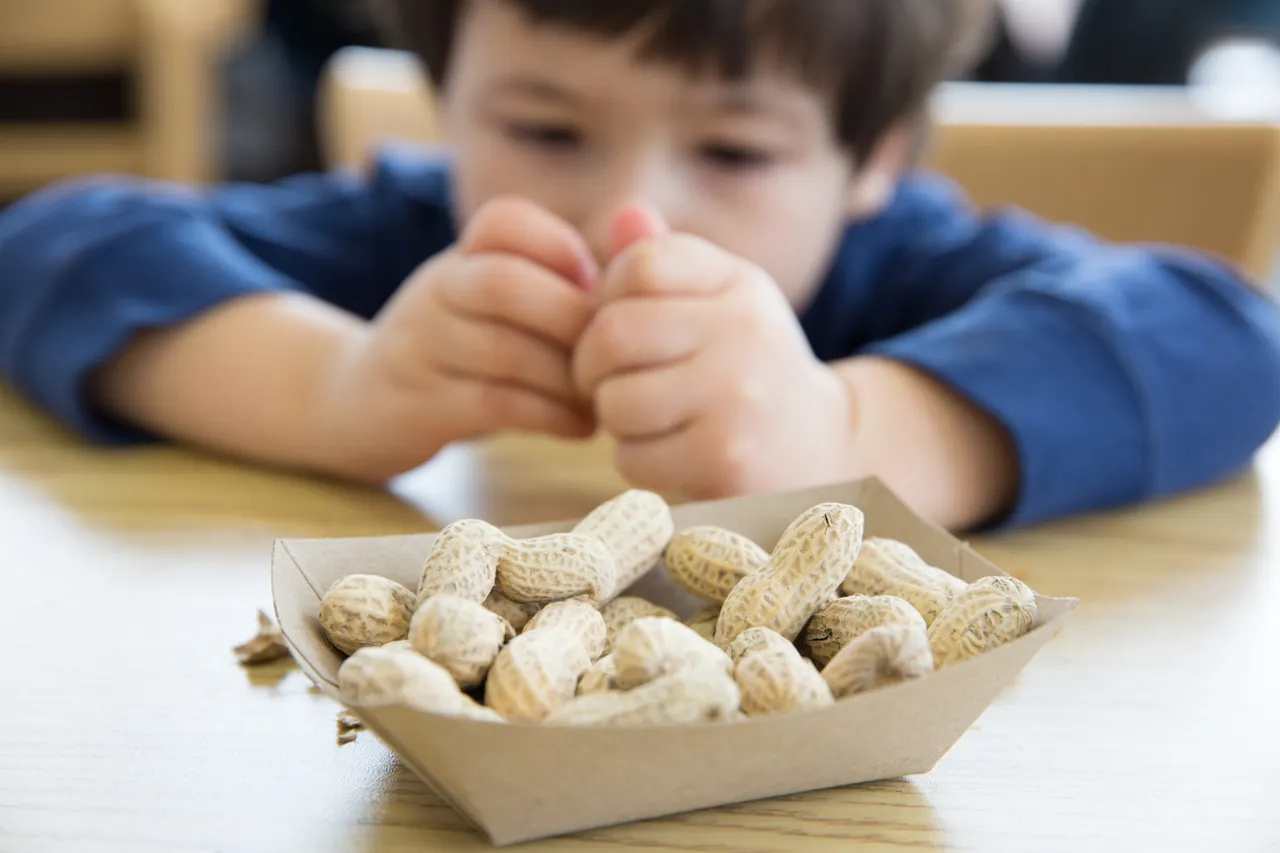
Feeding peanut butter to babies — starting during infancy and continuing until age 5 — has been shown effective in reducing allergies into adolescence, according to a new study by King’s College London.
The LEAP-Trio study, published on Tuesday in NEJM Evidence, showed that children who consumed peanuts early in life were 71% less likely to develop peanut allergies all the way up to 13 years of age.
This was a follow-up to the Learning Early About Peanut Allergy (LEAP) clinical trial. The National Institute of Allergy and Infectious Diseases (NIAID) sponsored and co-funded both studies.
10 SURPRISING FACTS ABOUT PEANUT ALLERGIES, ACCORDING TO A PEDIATRIC IMMUNOLOGIST
In the original trial, half the participants were asked to consume peanuts regularly from infancy until age 5, while the other half were asked to avoid the food during that period.
Researchers found that early introduction of peanuts reduced the risk of peanut allergy at age 5 by 81%.
Feeding peanut butter to babies has shown to be effective in reducing allergies into adolescence, according to a new study. (iStock)
This latest trial included 508 participants from the original study, averaging 13 years of age.
The children were given peanuts in a “carefully controlled setting” to gauge any allergic reactions.
Peanut allergies were “significantly more prevalent” among the children who avoided peanuts in the first five years of life.
BABY SLEEP DANGERS REVEALED IN NEW STUDY AS NEARLY 70% OF INFANT DEATHS WERE DUE TO CO-SLEEPING
“Regular, early peanut consumption reduced the risk of peanut allergy in adolescence by 71% compared to early peanut avoidance,” the study authors wrote.
This effect persisted regardless of whether the children had eaten peanuts regularly or avoided them over a period of many years.
FDA APPROVES ALLERGY DRUG TO LESSEN SEVERITY OF REACTIONS TO PEANUTS, DAIRY, OTHER FOODS
“The key finding of this study is that early consumption of peanut, starting early in the first year of life, confers long-term protection against peanut allergy all the way into adolescence, even without continued consumption of peanut beyond the age of five years,” lead study investigator Gideon Lack, a professor at King’s College London, told Fox News Digital.
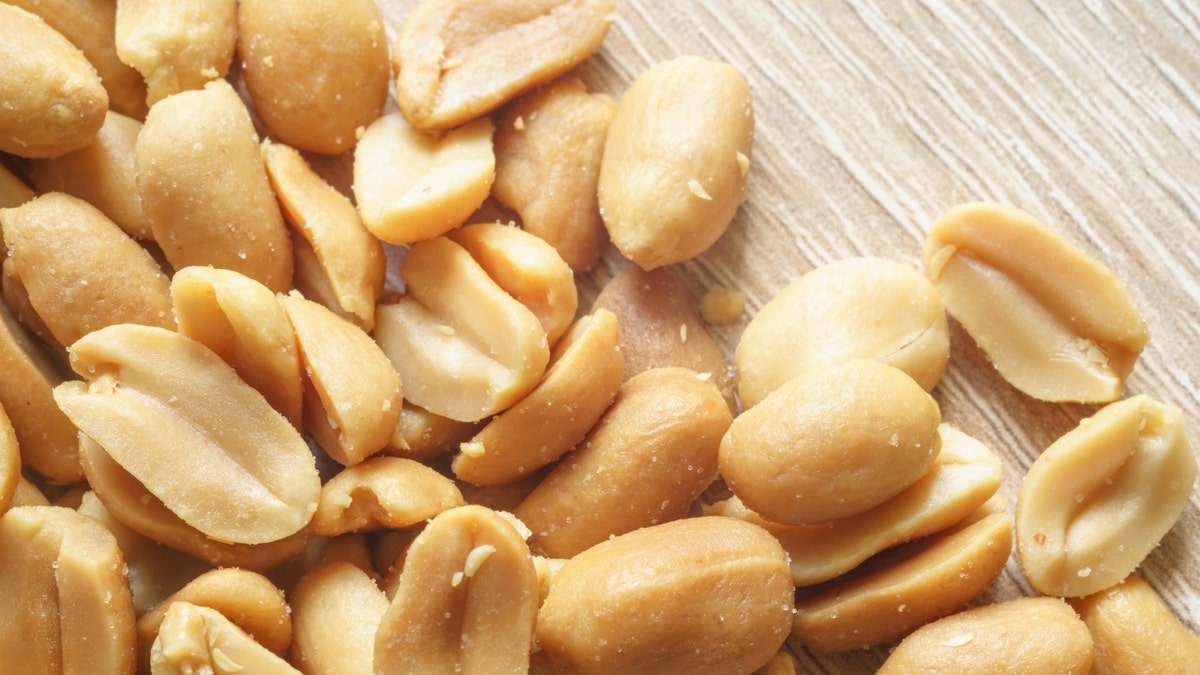
Children who consumed peanuts early in life were 71% less likely to develop peanut allergies all the way up to 13 years of age, researchers found. (iStock)
“This is the first study to establish long-term oral tolerance as a protective strategy against peanut allergy.”
To prevent peanut allergy, young babies as early as 4 months of age should be given peanuts in the form of peanut puffs or peanut butter “regularly and frequently” — at least three times a week — over the first four to five years of life, the researchers recommended.
GLUTEN-FREE LIFESTYLE: DEBUNKING MYTHS AND DECIDING IF THE DIET IS RIGHT FOR YOU
“I was not entirely surprised, but nevertheless impressed by the strong protective effect of early peanut consumption preventing peanut allergy all the way into adolescence,” Lack noted.
“This indicates that lifelong tolerance may have been achieved.”
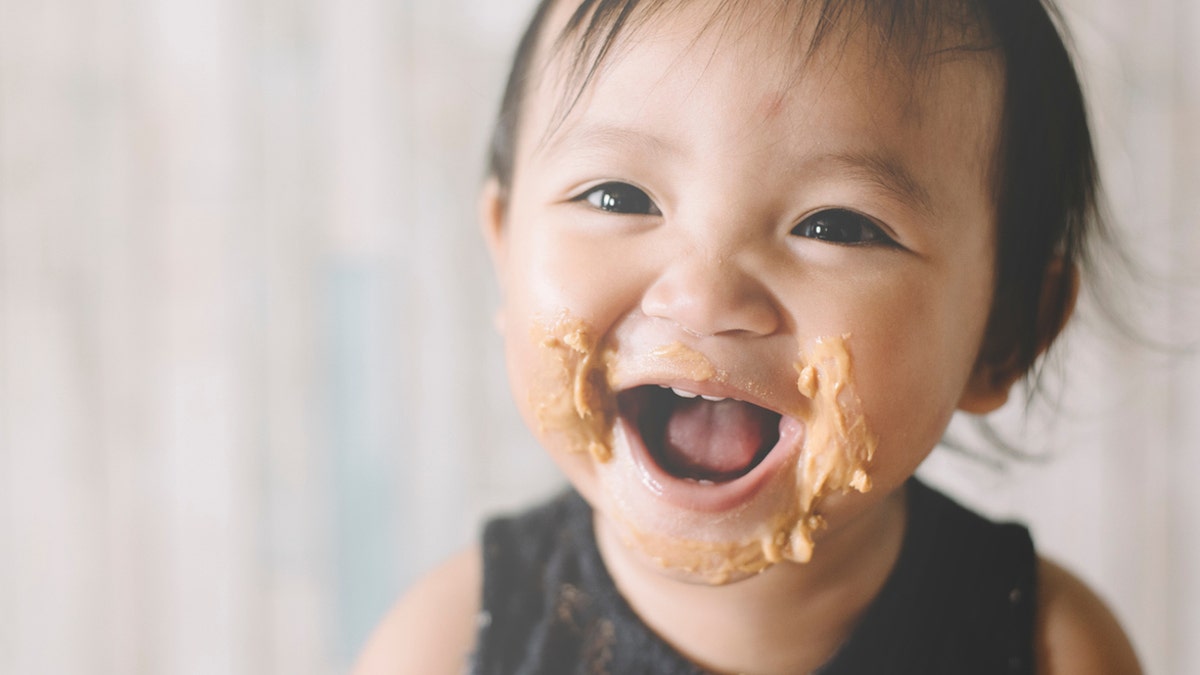
“Early introduction of infant-safe peanut foods has been proven to help prevent peanut allergies, especially but not exclusively in infants at risk for peanut allergies,” a registered dietitian told Fox News Digital. (iStock)
Sherry Coleman Collins, a food allergy dietitian in Marietta, Georgia, was not involved in the study but shared her insights on the topic.
“Early introduction of infant-safe peanut foods has been proven to help prevent peanut allergies, especially but not exclusively in infants at risk for peanut allergies,” she told Fox News Digital.
“In this study, they found that even if children who ate peanut foods in infancy stopped eating peanuts for a period of time, they were still protected against developing a peanut allergy,” Collins continued.
CLICK HERE TO SIGN UP FOR OUR HEALTH NEWSLETTER
This supports the idea that tolerance to foods developed in infancy can extend into adolescence, according to Collins.
“Infants who have moderate to severe eczema and/or egg allergy should discuss early introduction of peanut foods to help prevent peanut allergies because they are at highest risk,” she advised.
“Infants who have moderate to severe eczema and/or egg allergy should discuss early introduction of peanut foods to help prevent allergies.”
The study did have some limitations, Lack acknowledged.
“One weakness of the study is that it was carried out in a high-risk population of babies with severe eczema or hens egg allergy,” he told Fox News Digital.
“However, the findings of the original LEAP study have now been replicated in other lower-risk normal populations and therefore are applicable to the general population.”
These findings could likely be effective for other types of food allergies, the researchers said.
For more Health articles, visit www.foxnews.com/health.

Health
What Happens If You Eat Eggs Every Day? Nutritionists Share the Benefits

Sign Up
Create a free account to access exclusive content, play games, solve puzzles, test your pop-culture knowledge and receive special offers.
Already have an account? Login
Forgot your password?
Get back to the Sign In
Use left and right arrow keys to navigate between menu items.
Use escape to exit the menu.
Health
Ask a doctor: ‘I swallowed a bug — now what should I do?'
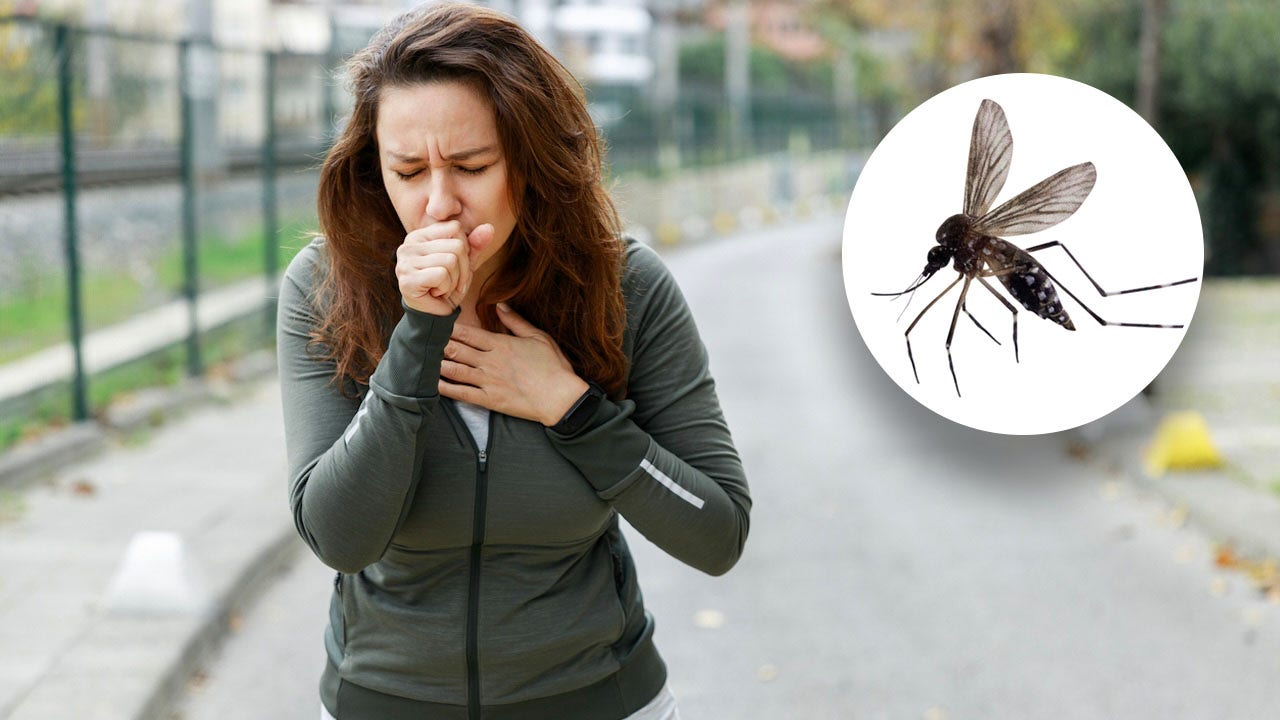
Most people have experienced that moment of discomfort when they realize a bug has wound up where it shouldn’t be — in their windpipe.
That includes Taylor Swift, who on more than one occasion has accidentally swallowed a bug while performing on stage in front of thousands of people.
It can be a startling and somewhat disgusting occurrence — but is this dangerous, or just a nuisance?
LOCAL DENGUE FEVER CASES CONFIRMED IN FLORIDA KEYS, SPREAD BY MOSQUITO BITES
Dr. Raj Dasgupta, a quadruple board-certified physician in California, shared with Fox News Digital the true impacts of accidentally swallowing a bug, and the best thing to do if it happens.
“Swallowing a bug can often happen accidentally when you’re eating or drinking outside, or if a bug flies into your mouth,” Dasgupta, who serves as chief medical advisor for Fortune Recommends, told Fox News Digital via email.
Dr. Raj Dasgupta, a quadruple board-certified physician in California, discussed the impact of accidentally swallowing a bug — and the best thing to do if it happens. (Sleepoplis)
“It can also happen if you’re talking or laughing outdoors. Sometimes it might even happen indoors if bugs are in your food or drink and you don’t realize it.”
ASK A DOCTOR: ‘HOW CAN I PREVENT SCARRING FROM BUG BITES AND POISON IVY?’
Swallowing a bug is usually not dangerous, Dasgupta noted.
“The stomach’s digestive acids usually break down the bug, and it is passed out of the body without causing harm,” he said.
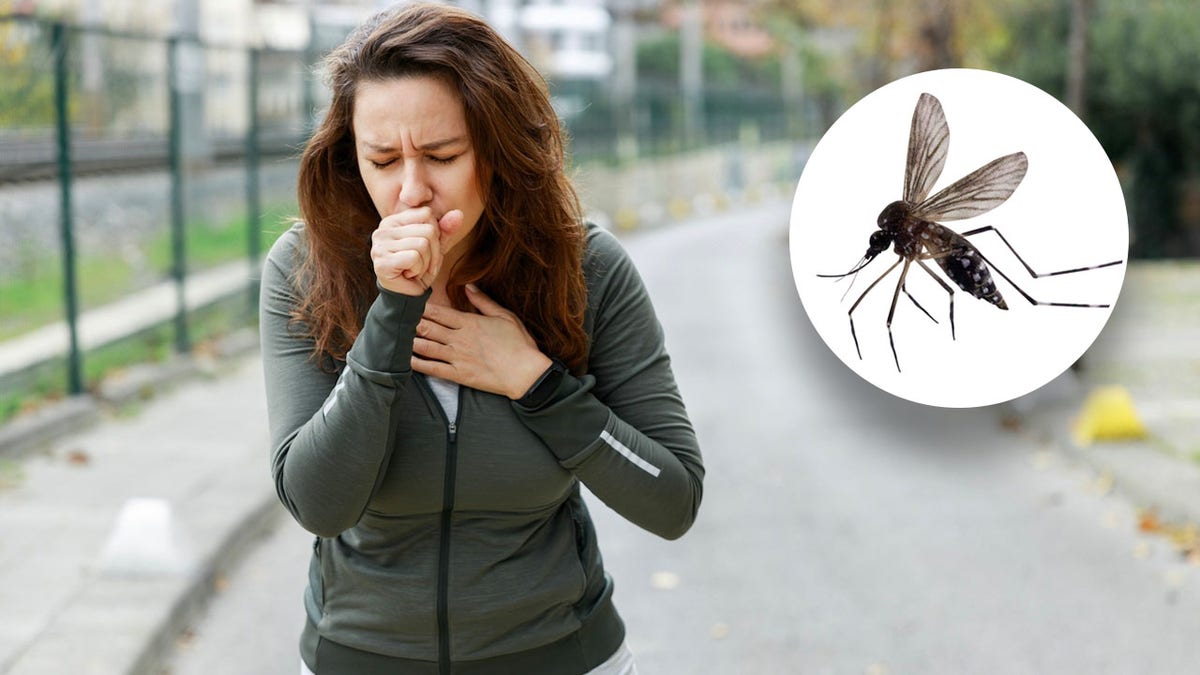
“Swallowing a bug can happen accidentally when you’re eating or drinking outside, or if a bug flies into your mouth,” the doctor told Fox News Digital. (iStock)
If the bug carries harmful bacteria or parasites, however, it could cause gastrointestinal issues or allergic reactions, according to the doctor.
The type of bug can make a difference, he said.
“Bugs like beetles or ants are less of a concern, but bugs that are known to spread diseases — such as mosquitoes — might be riskier.”
If you happen to swallow a bug, drinking some water can help wash it down, Dasgupta said.

Taylor Swift has announced the accidental swallowing of bugs, mid-concert, on more than one occasion. (Marcelo Endelli/TAS23/Getty Images for TAS Rights Management)
“If you start feeling sick, like abdominal pain, vomiting or nausea, keep an eye on your symptoms,” the doctor said.
If you have severe stomach pain, ongoing vomiting, trouble breathing, or swelling, rash or itching, Dasgupta said to see a doctor.
CLICK HERE TO SIGN UP FOR OUR HEALTH NEWSLETTER
“If you know the bug could have diseases or if you have health conditions that might complicate things, it’s a good idea to get checked out to be safe,” he added.
For more Health articles, visit www.foxnews/health
Some bugs — including grasshoppers, beetles, termites, mealworms and even stink bugs — are actually considered edible in certain countries, and are prepared and eaten as part of meals, according to WebMD’s website.
Health
“I’m a Dietitian, and Here’s Why an Overly Restrictive Diet Can Backfire”

Sign Up
Create a free account to access exclusive content, play games, solve puzzles, test your pop-culture knowledge and receive special offers.
Already have an account? Login
Forgot your password?
Get back to the Sign In
Use left and right arrow keys to navigate between menu items.
Use escape to exit the menu.
-

 World1 week ago
World1 week agoOne dead after car crashes into restaurant in Paris
-

 Midwest1 week ago
Midwest1 week agoMichigan rep posts video response to Stephen Colbert's joke about his RNC speech: 'Touché'
-

 News1 week ago
News1 week agoVideo: Young Republicans on Why Their Party Isn’t Reaching Gen Z (And What They Can Do About It)
-

 Movie Reviews1 week ago
Movie Reviews1 week agoMovie Review: A new generation drives into the storm in rousing ‘Twisters’
-

 News1 week ago
News1 week agoIn Milwaukee, Black Voters Struggle to Find a Home With Either Party
-

 Politics1 week ago
Politics1 week agoFox News Politics: The Call is Coming from Inside the House
-

 News1 week ago
News1 week agoVideo: J.D. Vance Accepts Vice-Presidential Nomination
-

 World1 week ago
World1 week agoTrump to take RNC stage for first speech since assassination attempt















